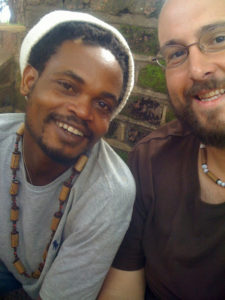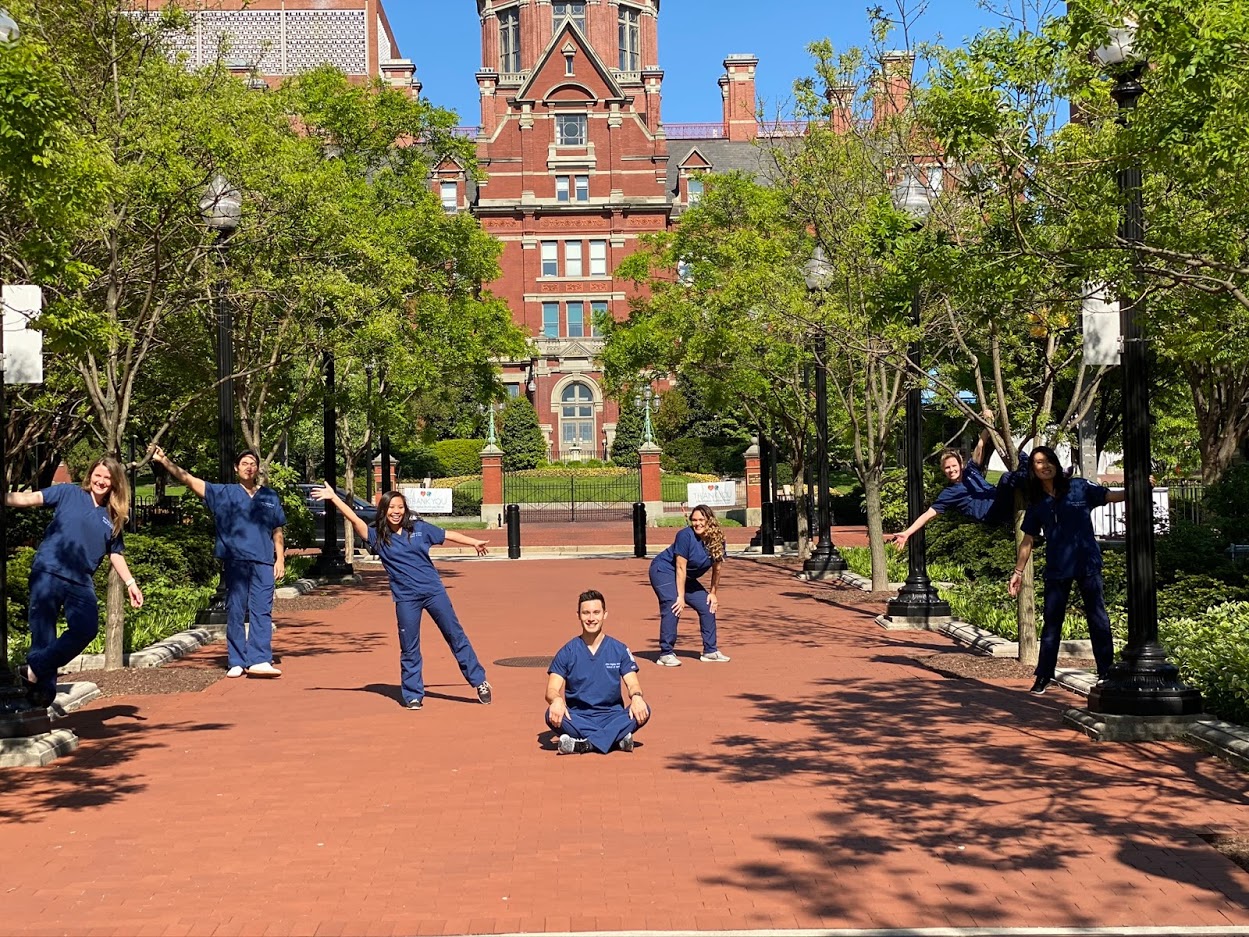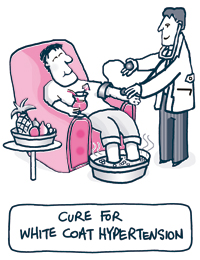Many Returned Peace Corps Volunteers come to the Johns Hopkins University School of Nursing to either pursue or continue a career in nursing. PhD Student, Returned Peace Corps Volunteer, and Peace Corps Student Assistant to the Johns Hopkins University School of Nursing Fellows program Gibran Mancus told us about his journey to Malawi.
Gibran’s Peace Corps service followed a life-long dream of volunteering. “My mother will tell you that it all started from a commercial I saw on TV when I was five years old,” states Mancus. “I remember the volunteer in the video helping his community pull in a fishing net, strong drumming, and the tagline, ‘The Toughest Job You’ll Ever Love,’ and it was.”
The most important and meaningful part of Gibran’s service was the  connections he made, especially with his friend Martin Kalembo, an artist. Together, Gibran and Martin learned about natural medicine through a collaborative program with the President’s Emergency Plan for AIDS Relief (PEPFAR), Peace Corps, and Action for Natural Medicine (ANAMed). This program worked to improve nutrition, improve the environment, and mitigate opportunistic disease. The most effective way the two friends were able to accomplish their goals was by planting gardens outside of clinics and houses and in their communities with plants they propagated, including Papaya, Baobab, Mango, Guava, Lemongrass, Marigolds, Moringa and pigeonpeas, just to name a few. Mancus said, “Moringa can be used for fungal treatment, to decrease soil erosion, and the leaves are a nutritional supplement right off the tree or dried and pounded into a powder.” Most plants have multiple uses. For example, Lemongrass, which is used medicinally for treating coughs, aching joints, and the common cold, is also used in teas and as a mosquito repellent.
connections he made, especially with his friend Martin Kalembo, an artist. Together, Gibran and Martin learned about natural medicine through a collaborative program with the President’s Emergency Plan for AIDS Relief (PEPFAR), Peace Corps, and Action for Natural Medicine (ANAMed). This program worked to improve nutrition, improve the environment, and mitigate opportunistic disease. The most effective way the two friends were able to accomplish their goals was by planting gardens outside of clinics and houses and in their communities with plants they propagated, including Papaya, Baobab, Mango, Guava, Lemongrass, Marigolds, Moringa and pigeonpeas, just to name a few. Mancus said, “Moringa can be used for fungal treatment, to decrease soil erosion, and the leaves are a nutritional supplement right off the tree or dried and pounded into a powder.” Most plants have multiple uses. For example, Lemongrass, which is used medicinally for treating coughs, aching joints, and the common cold, is also used in teas and as a mosquito repellent.
Working with plants and the community health initiatives gave Gibran the foundation for his research, combining his passion for nursing and volunteering with public health and the environment. After his 27-month term of service was complete, Gibran left the Peace Corps to complete his Master of Science in Nursing and then come to the Johns Hopkins University School of Nursing to pursue his PhD. Gibran’s dissertation focuses on greenness as a mechanism of resilience to climate change. He works with his faculty mentor Dr. Jacquelyn Campbell exploring the intersection of violence, HIV, and the environment.
About the Author: CRAIG LEE
 With the world becoming more connected through tweets, posts, shares, and pins, Craig keeps the School of Nursing in the mix with the ever growing, complex web of Social Media. Craig manages all of the Johns Hopkins School of Nursing’s social media accounts including Twitter, Facebook, Instagram, Google+, and LinkedIn.
With the world becoming more connected through tweets, posts, shares, and pins, Craig keeps the School of Nursing in the mix with the ever growing, complex web of Social Media. Craig manages all of the Johns Hopkins School of Nursing’s social media accounts including Twitter, Facebook, Instagram, Google+, and LinkedIn.

 Nurses Week, Nurses Everywhere
Nurses Week, Nurses Everywhere #GoHopNurse Photo Scavenger Hunt
#GoHopNurse Photo Scavenger Hunt Study Room, Redesigned
Study Room, Redesigned My Unique Experiences Help Me See Patients Differently. Johns Hopkins Embraces That.
My Unique Experiences Help Me See Patients Differently. Johns Hopkins Embraces That. The Holiday Stretch
The Holiday Stretch







